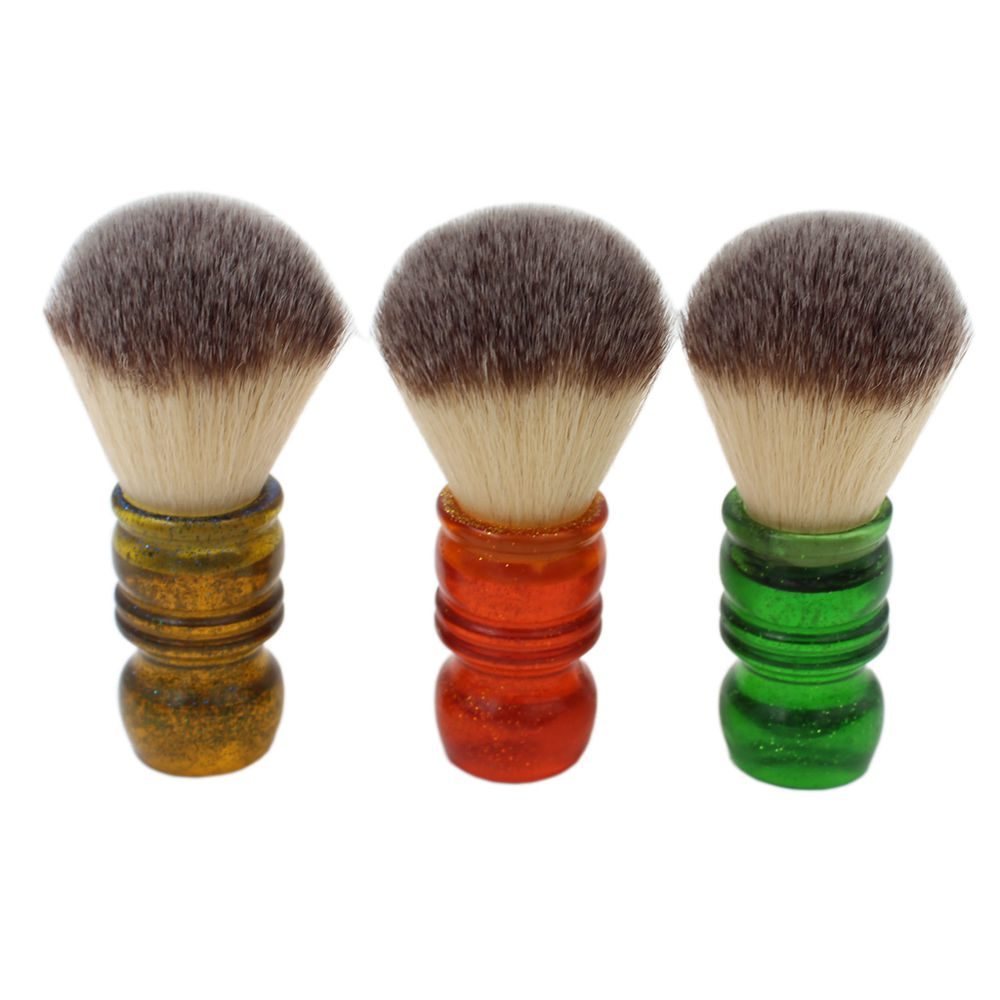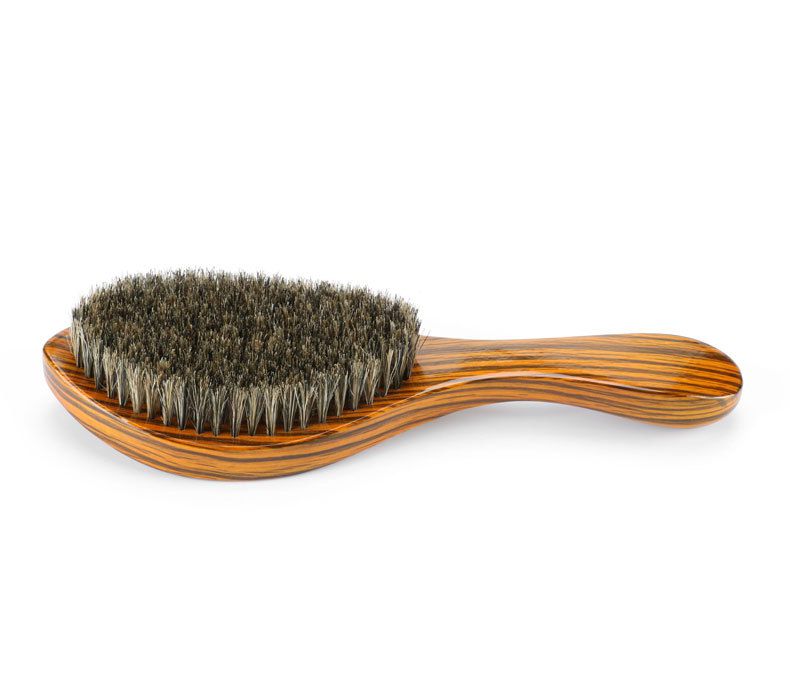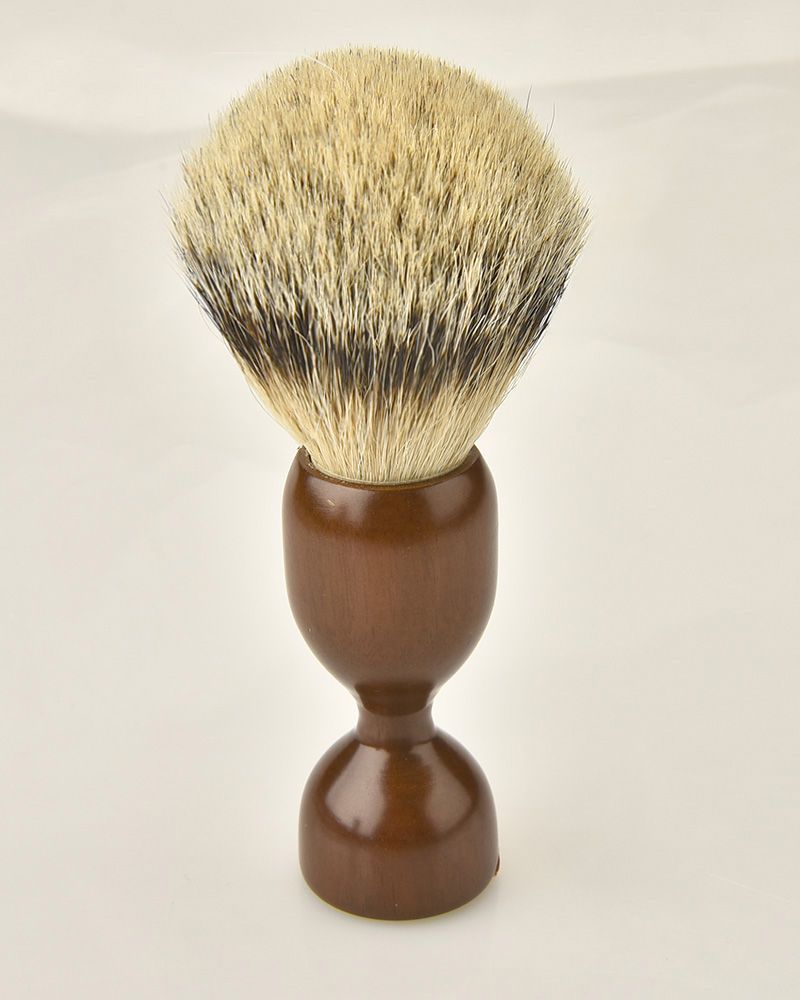Industry news
Natural Hair Brush Certification: Organizations Setting Ethical Sourcing Standards
- 782 Views
- 2025-10-25 02:31:28
Natural Hair Brush Certification: Key Organizations Shaping Ethical Sourcing Standards
The global market for natural hair brushes—valued for their superior softness, durability, and performance in grooming tools like shaving brushes—is growing rapidly. However, this expansion has raised critical questions about the ethics of sourcing materials such as badger, horse, goat, and boar hair. Unregulated harvesting practices, from inhumane animal treatment to unsustainable wild-caught sourcing, threaten both animal welfare and ecosystem balance. In response, leading certification organizations are establishing rigorous standards to ensure natural hair brushes meet ethical benchmarks, guiding manufacturers, suppliers, and consumers toward responsible choices.
Natural hair brush materials, prized for their ability to hold lather and glide smoothly, often come from complex supply chains. For example, badger hair, a premium material in high-end shaving brushes, has faced scrutiny over reports of live plucking or inhumane trapping. Similarly, wild boar hair sourcing may contribute to habitat destruction if not managed sustainably. Without certification, consumers and brands risk unknowingly supporting practices that violate ethical norms, damaging reputations and eroding trust.
To address these gaps, several authoritative organizations have developed certification frameworks tailored to natural hair sourcing. The Responsible Down Standard (RDS), originally designed for羽绒, has expanded its scope to include animal-derived fibers like brush hair. RDS-certified suppliers must demonstrate compliance with strict animal welfare protocols: no force-feeding, live plucking, or confinement in overcrowded conditions. Auditors verify that hair is collected humanely—often during molting seasons or post-slaughter (for byproduct hair), ensuring minimal stress to animals.

Another key player is the Global Organic Textile Standard (GOTS), which extends beyond textiles to cover natural fibers used in brushes. GOTS certification requires that hair sources are sustainably managed, with no reliance on harmful chemicals or deforestation. For instance, goat hair certified by GOTS must come from herds grazing on organic pastures, supporting biodiversity and soil health. This standard also mandates transparency, requiring suppliers to trace hair from farm to factory, empowering brands to validate ethical claims.

The Leaping Bunny Program, administered by Cruelty Free International, focuses on ending animal testing in production. While not exclusive to natural hair, its certification ensures that no animal testing is conducted at any stage of brush development—from raw material sourcing to final product testing. For consumers prioritizing cruelty-free options, the Leaping Bunny logo has become a trusted symbol of ethical commitment.

These certifications offer tangible benefits across the supply chain. For manufacturers, compliance opens doors to premium markets, where ethical consumers are willing to pay a premium for responsibly sourced products. Brands like luxury shaving companies have reported 20-30% sales growth after adopting certified materials, as transparency builds customer loyalty. For suppliers, certification drives operational improvements: better animal welfare practices reduce mortality rates in captive herds, while sustainable sourcing ensures long-term supply stability.
For consumers, certification simplifies ethical decision-making. A 2023 survey by the Ethical Consumer Association found that 78% of buyers prioritize "certified humane" labels when purchasing natural hair products, viewing them as a guarantee of responsible sourcing. This demand is pushing the industry toward standardization; even small manufacturers now seek certification to remain competitive.
Despite progress, challenges persist. Fragmented regional regulations and varying cultural attitudes toward animal welfare create complexity in global supply chains. For example, badger hair sourced from Asia may face different scrutiny than that from Europe, requiring brands to adapt certification strategies. However, the rise of cross-border initiatives—such as RDS’s global audit network—is bridging these gaps, creating a more unified ethical framework.
Looking ahead, certification will likely become a non-negotiable for natural hair brush manufacturers. As Gen Z and millennial consumers increasingly link purchasing decisions to ethical values, brands that invest in transparent, certified sourcing will lead the market. Organizations setting these standards are not just regulators but partners, guiding the industry toward a future where luxury and responsibility coexist. In this landscape, natural hair brushes will no longer be defined solely by performance, but by the integrity of their origins.











